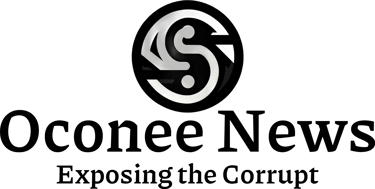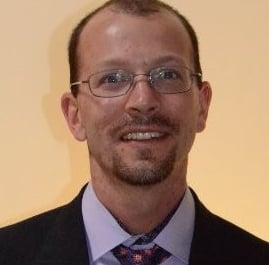Dr. Jason Boyle on Hunger Strike in Jail Asserting First Amendment Violations by Probate Judge Danny Singleton
OCONEE PROBATE COURTOCONEE COUNTY JAIL
Since his incarceration on May 29, 2024, Dr. Jason Boyle, PhD, has been on a hunger strike, refusing to eat or drink in a determined protest against what he perceives as judicial authoritarianism and an infringement on his First Amendment rights. His protest has now extended to 84 hours, placing him in a precarious situation that could have severe, life-threatening consequences.
The controversy began in October 2023 when Dr. Boyle advised a man in the Oconee Probate Court lobby of his right to initiate the probate process pro se, potentially avoiding costly legal fees. This intervention contradicted the advice a deputy Probate Judge, leading to an admonishing email from Judge Danny Singleton, who subsequently banned Dr. Boyle from the court. Despite Dr. Boyle contesting the legality of this ban, tensions escalated, resulting in his arrest after he recorded and published his interactions with the court.
Dr. Boyle's refusal to eat or drink is a potent symbol of his unwavering commitment to defending free speech and opposing judicial overreach. His hunger strike highlights the critical issue of preserving constitutional rights within the judicial system and underscores the need for checks on judicial power to prevent abuses.
Confined in solitary confinement, Dr. Boyle's treatment has been described as harsh and inhumane. Reports indicate that he is being subjected to the worst possible conditions, exacerbating concerns for his health and well-being. Solitary confinement, coupled with a prolonged hunger strike, poses significant risks, including severe dehydration, organ failure, and ultimately, death if the protest continues.
Dr. Boyle's protest serves as a stark reminder of the lengths to which individuals may go to defend their rights and challenge perceived injustices within the legal system. As his hunger strike continues, the focus remains on the broader implications for free speech and judicial accountability, highlighting the ongoing struggle to safeguard fundamental constitutional freedoms.
The situation demands swift intervention to address Dr. Boyle's health and ensure his humane treatment. The potential impact on his life is grave, with each passing hour without food or water bringing him closer to irreparable harm. The legal community and human rights advocates are closely monitoring developments, urging for a resolution that respects both the rule of law and the essential rights enshrined in the Constitution.
Dr. Boyle's subsequent arrest and the judge's decision to sentence him to 10 days without the option of bond have stirred debate. His lawyers have questioned the proportionality of the judge's actions and the infringement on his right to free speech.
The outcome of this incident and the broader implications for judicial conduct and free speech rights remain to be seen. As Dr. Boyle's protest continues, the tension between maintaining judicial respect and safeguarding constitutional liberties becomes more evident and controversial. The nation watches as these complex legal and ethical questions unfold in the context of Dr. Boyle's hunger strike and the principles that underpin American democracy.


